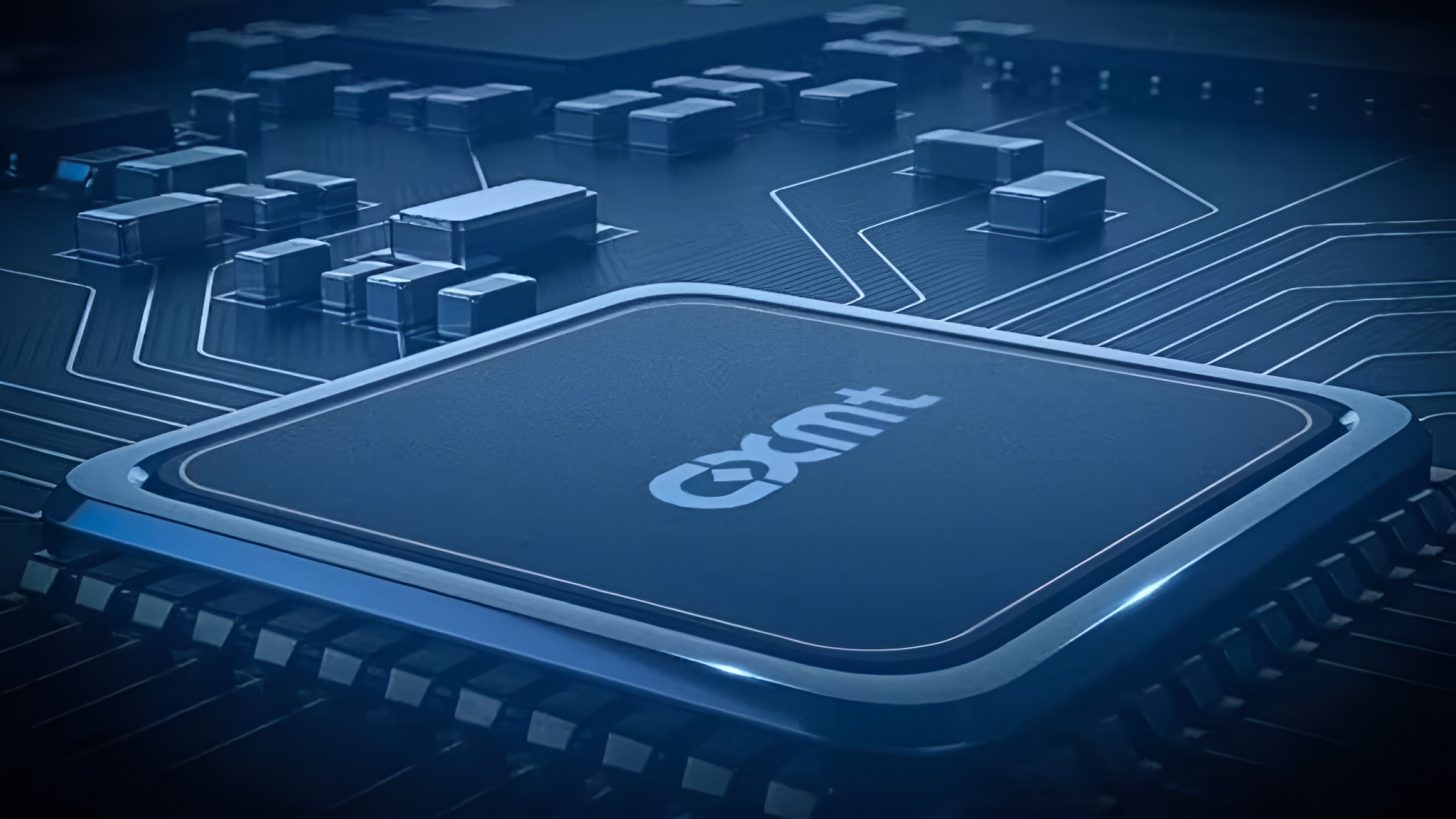China’s semiconductor industry is witnessing a pivotal moment as the country’s largest memory manufacturer achieves a new milestone. Reports suggest that this company has begun shipping HBM3 samples to major domestic players, including Huawei, aiming to alleviate the ongoing HBM supply crisis.
Strategic Moves to Tackle the HBM Bottleneck
For years, China faced challenges due to a shortage of HBM supply, hindering companies like Huawei from scaling up their AI chip production. Dependency on pre-export control HBM inventory highlighted the need for indigenous advancements. Recent reports reveal that CXMT has successfully delivered essential HBM3 samples to Huawei. This development is seen as a precursor to large-scale manufacturing expected to commence within the year.
Analysts say that while CXMT remains three to four years behind top global players, its progress represents a significant stride toward bolstering China’s semiconductor autonomy and disrupting the long-held dominance of international DRAM leaders.
Despite lagging in technology, CXMT plays a crucial role in the global DRAM output. The company’s DRAM production capacity is on the rise, projected to reach between 230,000 and 280,000 wafers monthly across its Chinese facilities. This scale is vital for fulfilling the ambitious pursuit of domestic HBM technology, crucial for AI leaders like Huawei and Cambricon.

Future Plans and Expansion in Memory Technology
CXMT remains behind major companies like SK hynix but is planning to introduce HBM3E to China by 2027, coinciding with HBM4’s anticipated mainstream adoption. Additionally, CXMT has emerged as a leading player in consumer memory by starting the production of DDR5 modules, boasting yield rates of approximately 80%. The firm’s efforts are expected to gain momentum with a potential IPO slated for the first quarter of 2026.
After chip production, HBM was seen as a huge barrier for China’s AI market, and CXMT intends to cater to this gap by bringing production of high-end technologies to domestic grounds. This strategy highlights Beijing’s determination to advance in AI computation while moving away from reliance on Western technology.
